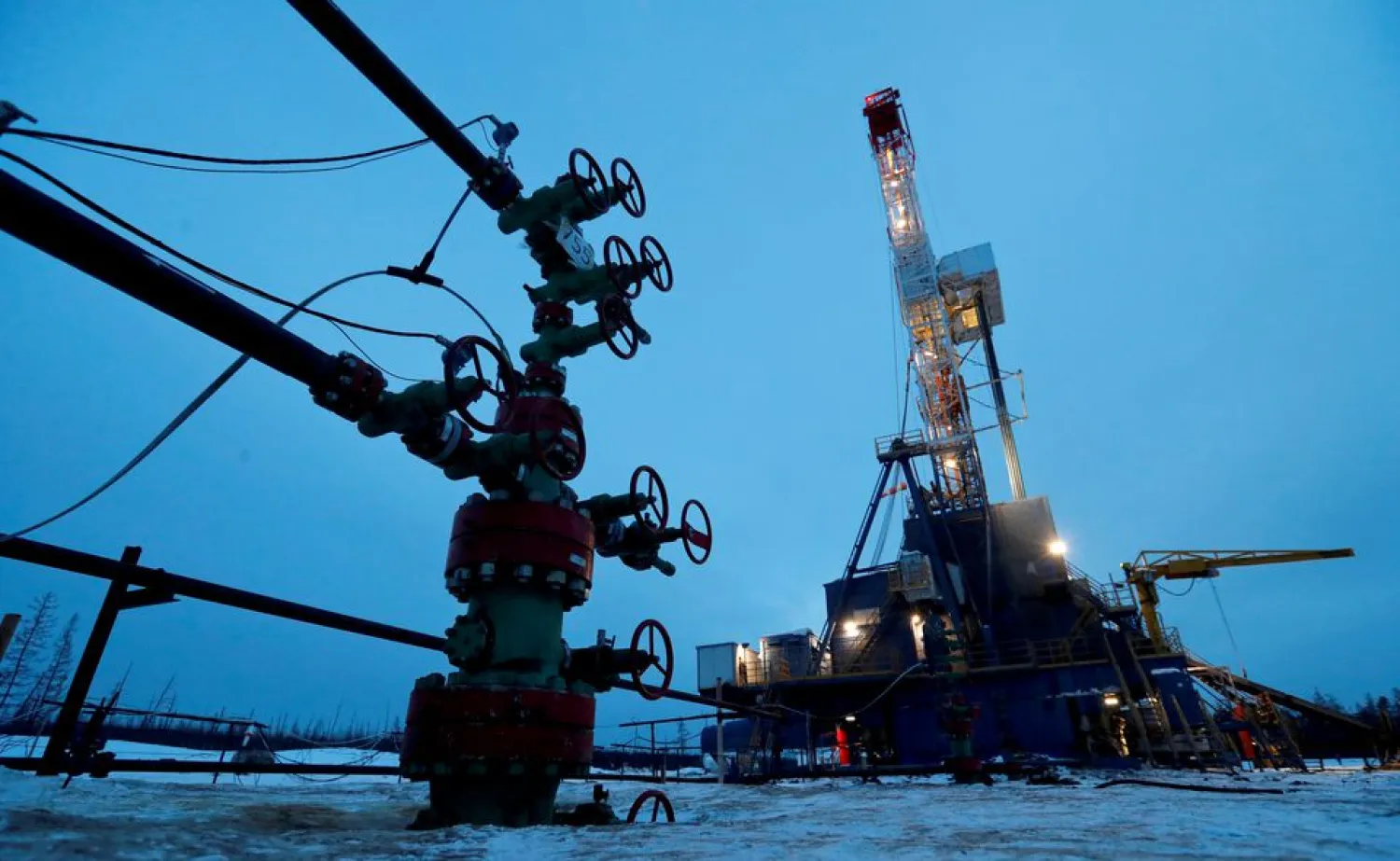Oil prices rose on Thursday to extend several consecutive days of gains, buoyed by data showing US fuel demand holding up well despite soaring Omicron coronavirus infections.
Brent crude futures rose 24 cents, or 0.3%, to $79.47 a barrel at 0502 GMT, up for a fourth day. US West Texas Intermediate (WTI) crude futures rose 26 cents, or 0.3%, to $76.82 a barrel for a seventh session of gains.
"Oil prices edged higher overnight thanks to larger-than-expected falls in US crude and gasoline inventories and receding virus nerves," Jeffrey Halley, senior market analyst at brokerage OANDA said in a note.
US Energy Information Administration data on Wednesday showed crude oil inventories fell by 3.6 million barrels in the week to Dec. 24, which was more than what analysts polled by Reuters had expected.
Gasoline and distillate inventories also fell, versus analysts' forecasts for builds, indicating demand remains strong despite record COVID-19 cases in the United States.
Oil prices also drew support from steps taken by governments to limit the impact of record high COVID-19 cases on economic growth, such as easing testing rules and narrowing who needs to isolate as close contacts of positive cases.
The Organization of the Petroleum Exporting Countries (OPEC) and their allies, a group known as OPEC+, will meet on Jan. 4 to decide whether they will continue increasing output in February.
Saudi King Salman said on Wednesday the OPEC+ production agreement was "essential" to oil market stability and stressed the need for producers to comply with the pact.
Global oil prices have rebounded by 50% to 60% in 2021 as fuel demand roared back to near pre-pandemic levels while deep production cuts by OPEC+ producers for most of the year erased a supply glut that has been weighing on the market.
China, the world's top crude importer, has issued the first batch of 2022 import quotas to mostly independent refiners, totaling 109.03 million tons, 11% below the comparable year-earlier quota, industry sources said.









